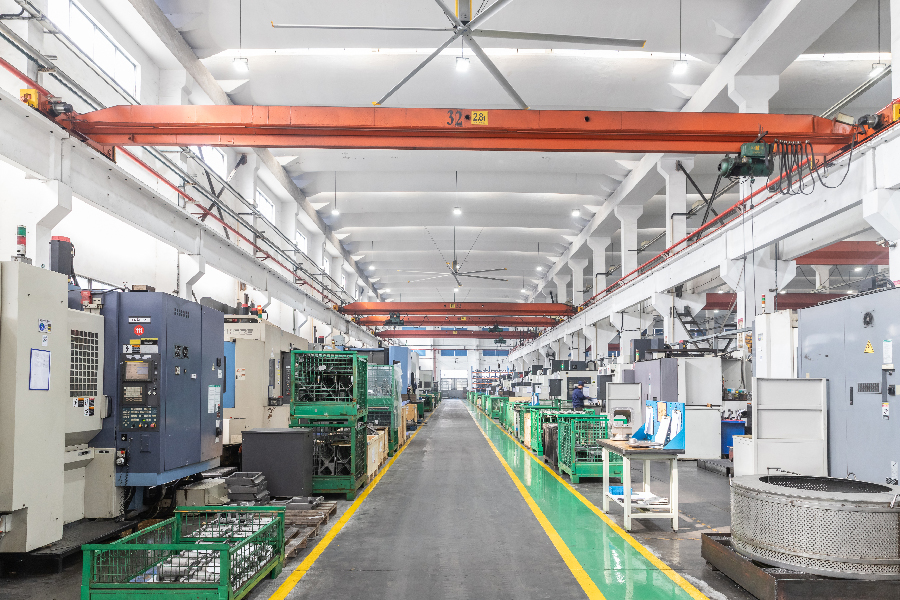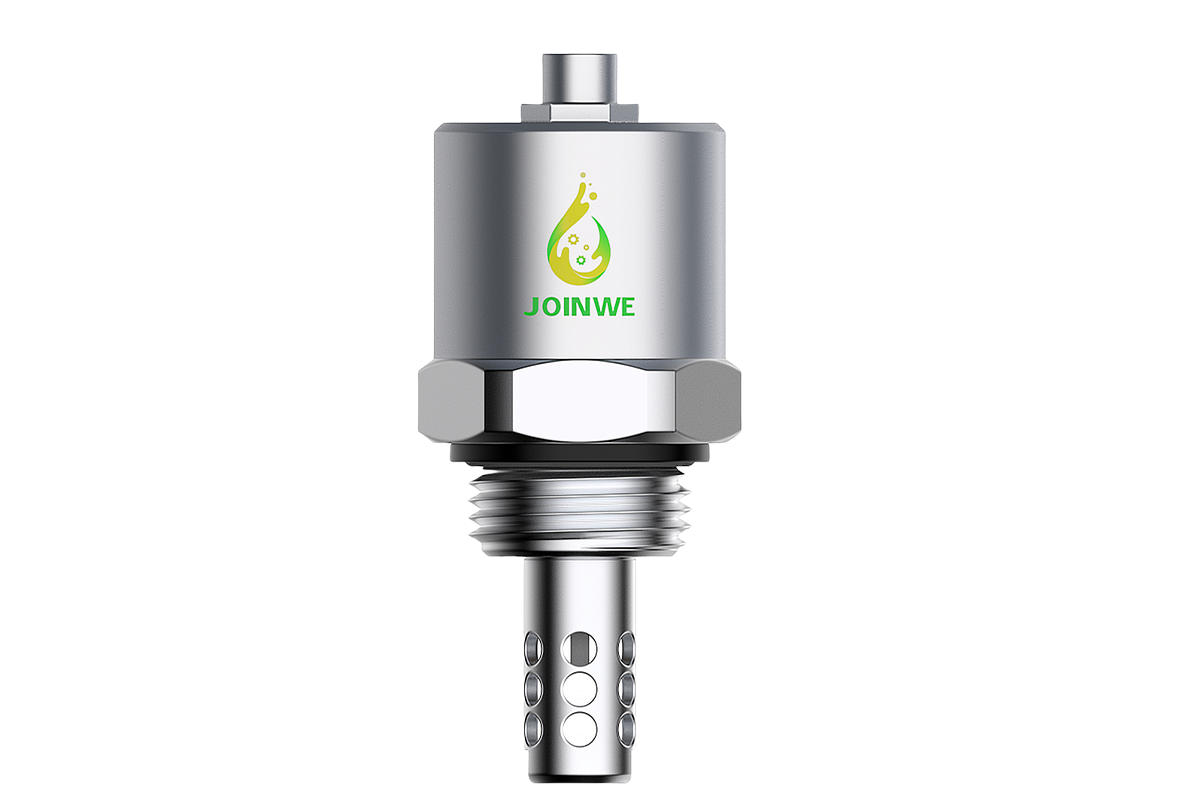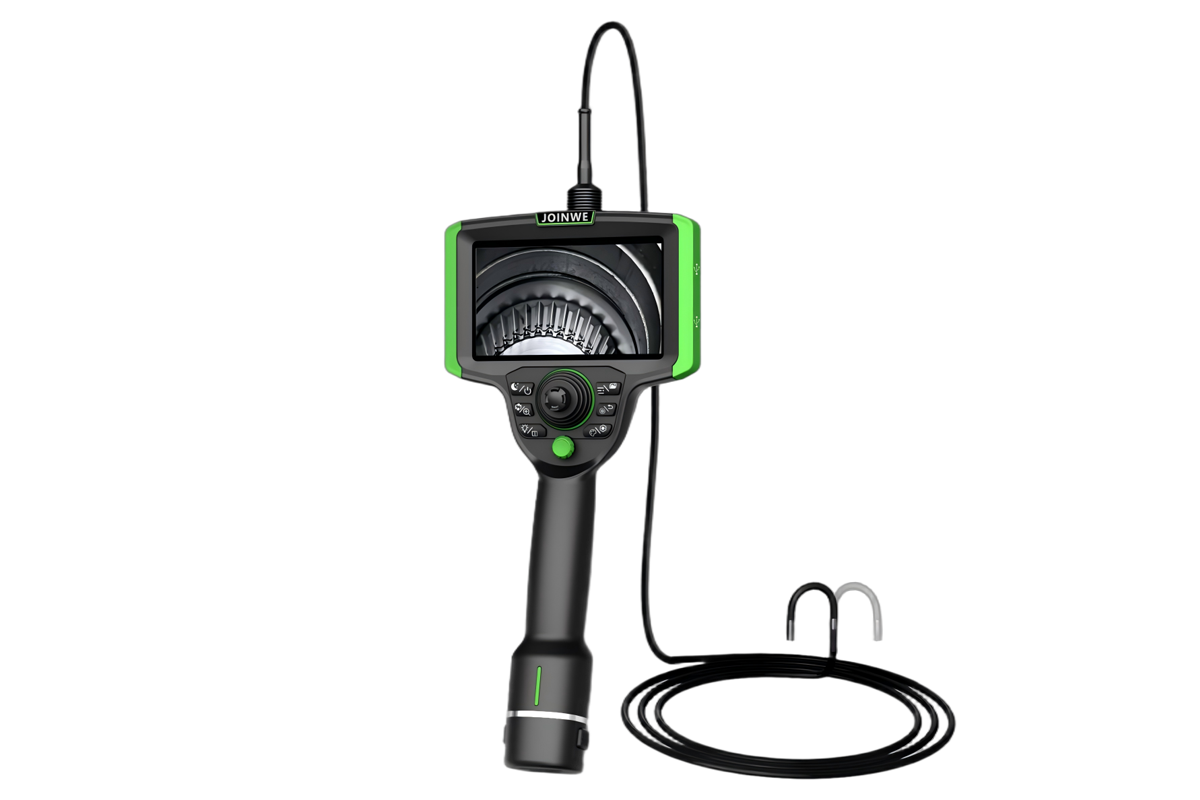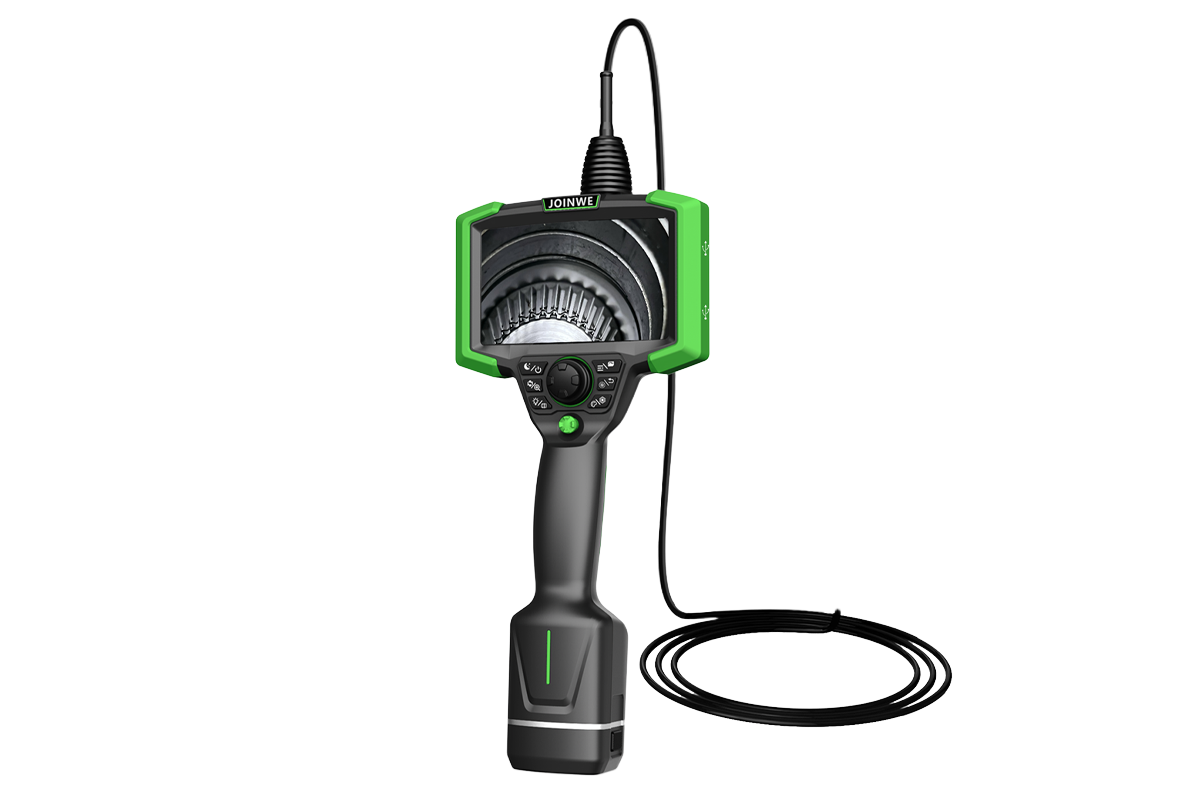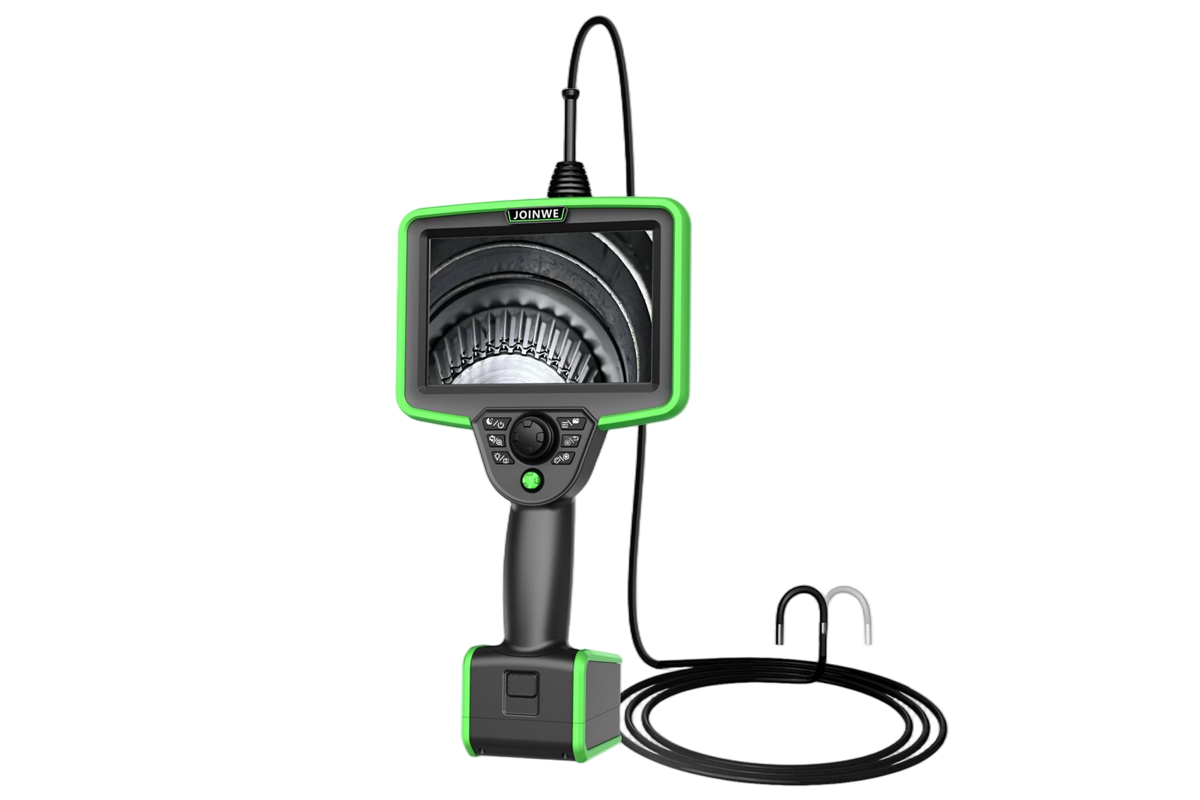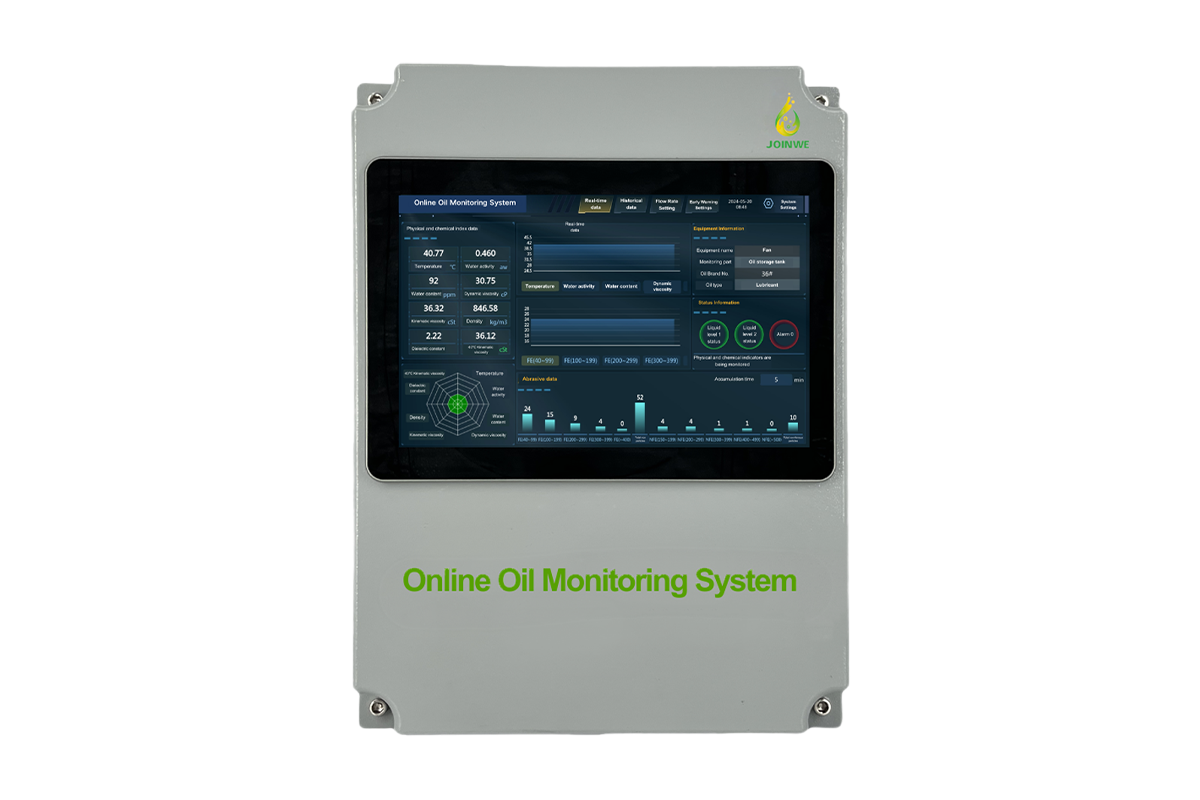The casting industry, as a fundamental segment of manufacturing, plays a vital role in sectors such as automotive, aerospace, construction machinery, and energy equipment. Due to the complexity of casting processes and the influence of high-temperature environments, internal defects such as blowholes, sand holes, inclusions, cracks, and burrs are common. These defects are often hidden in narrow, deep, or intersecting internal structures, where conventional visual inspection methods are insufficient.
With its flexible insertion tube, high-resolution imaging, and multi-directional articulation, the industrial videoscope has become an ideal tool for internal inspection of cast components.
JOINWE Industrial Videoscope Application Cases:
1. Mold Channel Inspection
In aluminum wheel hubs or die-casting molds, internal cooling/injection channels often suffer from blockages, deposits, material shedding, or burrs due to frequent use. The JOINWE videoscope can enter Ø13mm annular channels and clearly observe branch structures at a depth of 5cm from the inlet, helping to quickly locate issues and improve mold maintenance efficiency.
2. Engine Cylinder Block/Head Inspection
In 4-cylinder and 6-cylinder engine castings, sand residues and flash often remain before and after machining, which severely affects sealing and mechanical properties. The videoscope can inspect deep holes, oil passages, and coolant channels to detect potential defects early.
3. Deep and Small Bore Casting Inspection
Certain aluminum parts contain multiple holes of varying sizes (e.g., Ø6mm with a depth of 30mm, Ø20mm with a depth of 60mm). These need to be checked under reflective metal surfaces for inclusions, pinholes, and porosity. JOINWE industrial videoscopes provide clear visualization of inner bore textures and defects.
4. Red-Pigment Marked Channel Inspection
Red pigment is often applied inside mold channels for identification. JOINWE videoscopes can examine these inner walls for sand inclusions, cracks, or burrs, and mark defective areas for rework.
5. Hydraulic Valve Block Crosshole & Threaded Hole Inspection
Hydraulic valve blocks require extremely high machining precision. Burrs or sand holes inside cross-drilled or threaded passages can affect sealing performance. JOINWE’s 4mm articulating probe can navigate and inspect complex multi-angle crossholes in segmented steps.
6. Precision metal fabrication inspection
Precision instrumentation metal fabrication often requires fine inspection for quality assurance. Some parts need to be fully inspected.
JOINWE videoscopes are used to detect scratches on the inside surface of the system's oil control valves, and burrs on the inside of machined aluminum alloy parts where holes have been broken. Some aluminum parts need to be cleaned of burrs after machining by rinsing with a high-pressure water jet. After flushing, the operator can use the videoscope to make a second confirmation to ensure that there is no residue in the critical holes and improve the overall processing consistency.



